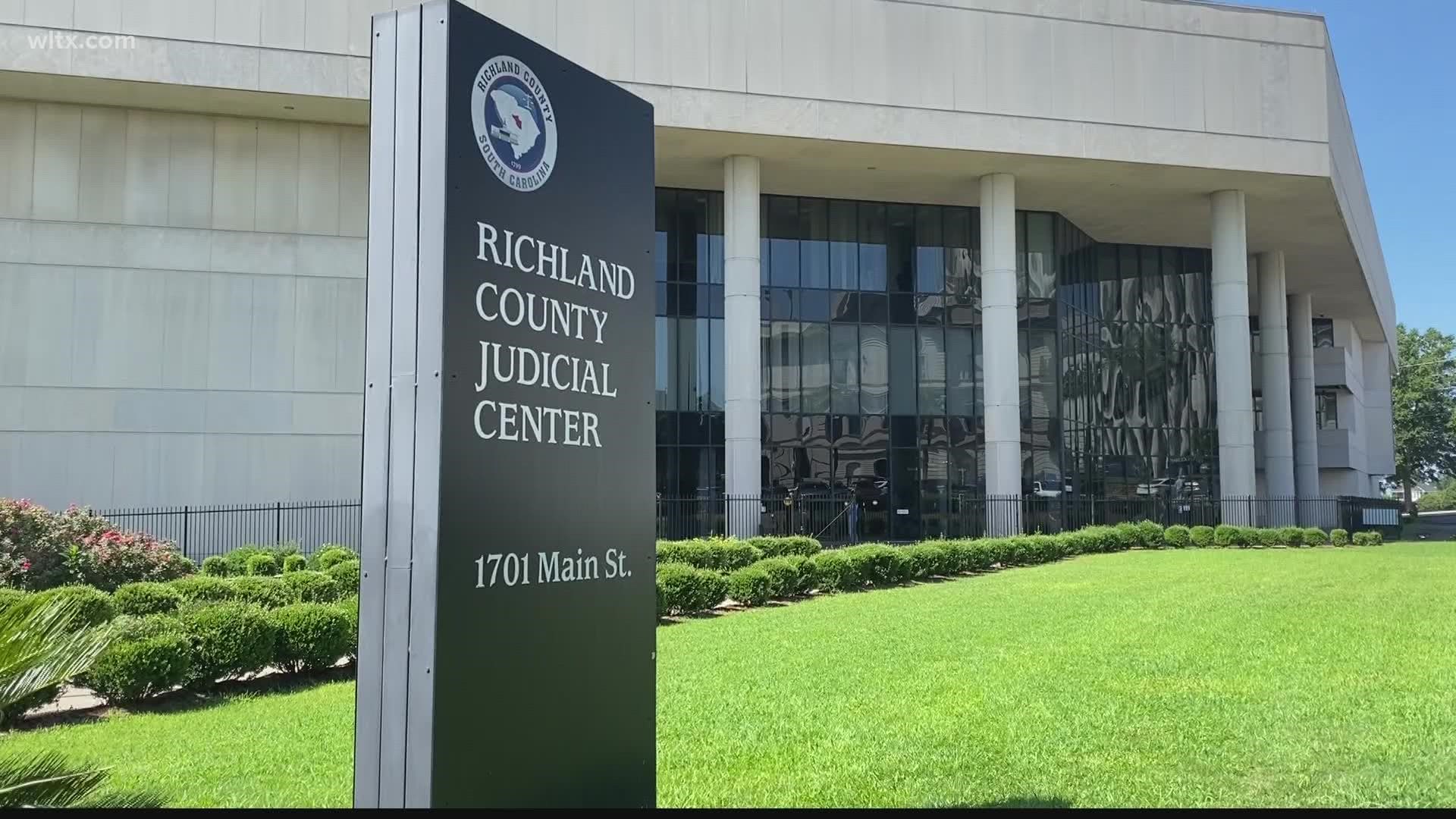COLUMBIA, S.C. — A South Carolina judge has denied a request to temporarily block the state's new abortion law while the case makes its way through the state's legal system.
Circuit Court Judge Casey Manning Tuesday did not grant a preliminary injunction that had been requested by Planned Parenthood South Atlantic, the Greenville Women’s Clinic, and two doctors. He did, however, allow those filing the suit to continue their efforts with the South Carolina Supreme Court.
Those plaintiffs filed suit against the state of South Carolina, Attorney General Alan Wilson and others over the state's new fetal heartbeat bill, which essentially bans abortions after six weeks in the state. The lawsuit argues that the law violates the state constitution’s rights to privacy and equal protection.
The law, passed in 2021, had been blocked by judges from taking effect after Planned Parenthood and others argued it violated Roe. vs. Wade. But in the wake of the U.S. Supreme Court's landmark ruling in June to overturn Roe, the judges lifted their stay on the law.
In contrast to the South Carolina judge's decision, a Louisiana judge ruled last week that three abortion clinics in that state can continue operating while a lawsuit goes through the courts.
The new six-week abortion ban prohibits abortion after the detection of a fetal heartbeat and carries felony criminal penalties and civil liability for those performing an abortion.
The lawsuit also states “In particular, the Act is an attack on families with low incomes, South Carolinians of color, and rural South Carolinians, who already face inequities in access to medical care and who will bear the brunt of the law’s cruelties. South Carolinians face a critical shortage of reproductive health care providers, including obstetrician-gynecologists, and the rate at which South Carolinians, particularly Black South Carolinians, die from pregnancy-related causes is shockingly high.”
In response to this lawsuit, SC Attorney General Alan Wilson counters the state's Constitution's Section 10 dealing with privacy issues -- and adopted in 1971 -- dealt with protecting citizens from improper surveillance of electronic devices and computer data banks. He said, ""The committee simply did not intend or understand the provision to extend any further. It certainly did not intend to confer a state constitutional right to abortion."
South Carolina’s Republican-dominated legislature is on track to further restrict the procedure. A special committee last week advanced a proposal to ban almost all abortions, except when the mother’s life is at risk.

